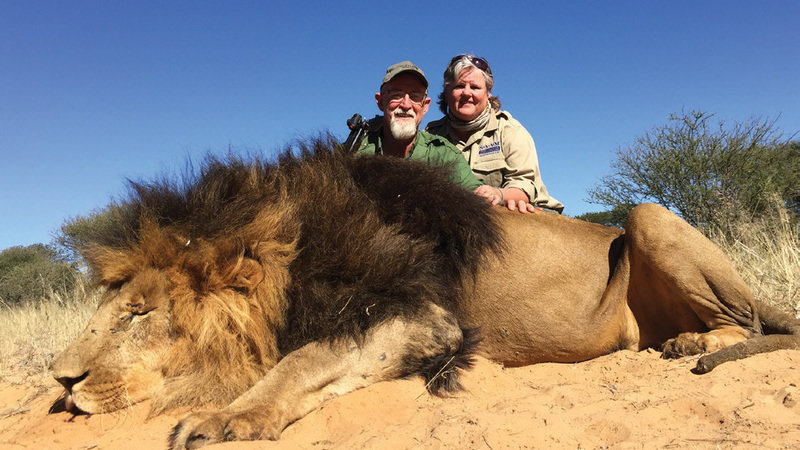- About
- Topics
- Picks
- Audio
- Story
- In-Depth
- Opinion
- News
- Donate
-
Signup for our newsletterOur Editors' Best Picks.Send
Read, Debate: Engage.
| January 20, 2017 | |
|---|---|
| topic: | Food Security |
| tags: | #Africa, #China, #donkey, #Trade |
| located: | China |
| by: | Bob Koigi |
A burgeoning health conscious Chinese middle class with an affinity for spending has, in recent years, expressed rapacious appetite for a traditional tonic dubbed ejiao which is made from gelatin from donkeys. It is deemed to have superior medicinal ingredients which cures everything from irregular menses, blood circulation and used as a face cream or aphrodisiac.
As China has industrialized, donkeys have been replaced by machinery with their population dropping from over 11 million in the 90s to the current six million with an average yearly decrease of 300,000 donkeys according to government estimates.
So high is the demand that the country has now turned to Africa, informed by the large donkey population that still exists in a continent that is still predominantly agrarian.
And with this demand, prices of meat and hide have skyrocketed to unprecedented highs, shooting up by four-fold, with the current price standing at $145 up from $35 before. Donkey skin on the other hand now retails at $50 compared to $4 dollars a few years ago.
Farmers have moved to cash in on the boom and have been quick to offload their stock or have abandoned rearing other livestock for the now highly prized Jennies, or female donkeys.
But African countries have now sounded the alarm on this trade insisting that the trade is unsustainable. Some, among them Niger and Burkina Faso, have gone a step further and banned any export of donkeys and their products to China which they say has left a trail of economic and environmental destruction in its wake including the rise of cartels that steal, slaughter and smuggle donkey meat and skin to China.
In Niger for example the government estimates that up to 80,000 donkeys were exported last year, as quoted by BBC, three times higher than the export figures in 2015. Farmers have abandoned rearing traditional livestock like cattle and chicken for the lucrative donkey, creating an unstable livestock industry.
In neighbouring Burkina Faso, things have gotten worse. The decision last August to issue a blanket ban on the sale of donkey and its export was necessitated by an unprecedented slaughter of 45,000 donkeys in six months out of a total population of 1.4 million. In Balole, a nondescript village about 15 miles West of the capital Ouagadougou, angry residents, according to a local paper Sidwaya, stormed an abattoir that was slaughtering donkey meat to export to China and Vietnam, released the caged donkeys and closed it, protesting what they called an unbearable stench from the toxic waste that was coming from the slaughterhouse. It is reported that the facility used to slaughter up to 200 donkeys a day.
But there is a school of thought that feels that banning export of the meat is going to the extreme and what these countries need is to regulate the industry, as happens with other products. “What these countries need to realize is that a market has expressed demand for a product they stock. So they need to streamline production to ensure that they can sustainably meet the demands by embracing higher standards of hygiene, then invest in training people in rearing the donkeys. This could be a big income generator for families and the countries,” said Muniu Murathe, an agricultural economist from Egerton University in Kenya.
This could explain why countries like Kenya have gone ahead to allow the export of donkey meat by establishing modern abattoirs. In fact Kenya is the first country in Africa to have a fully registered donkey slaughterhouse. One of the abattoirs, Goldox Donkey Abattoir in Kenya’s Baringo County, has been put up at a cost of $3million with a capacity to slaughter more than 100 donkeys and has even set aside a 100 acre farm to breed its own donkeys.
“The Kenyan example is a classic case of what the booming business of donkey export meat could do to a country if regulated. The proprietors of the slaughter house have had to go through serious vetting to get licensing but after being greenlighted they are also bringing benefits to the local communities in terms of the jobs they will create,” added Mr. Murathe.
But even with mixed reactions on the potency and viability of the donkey meat business across the continent, one thing players agree will not be contested is the ballooning demand.
By copying the embed code below, you agree to adhere to our republishing guidelines.
